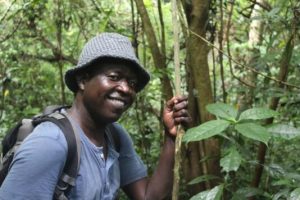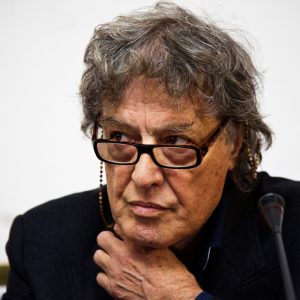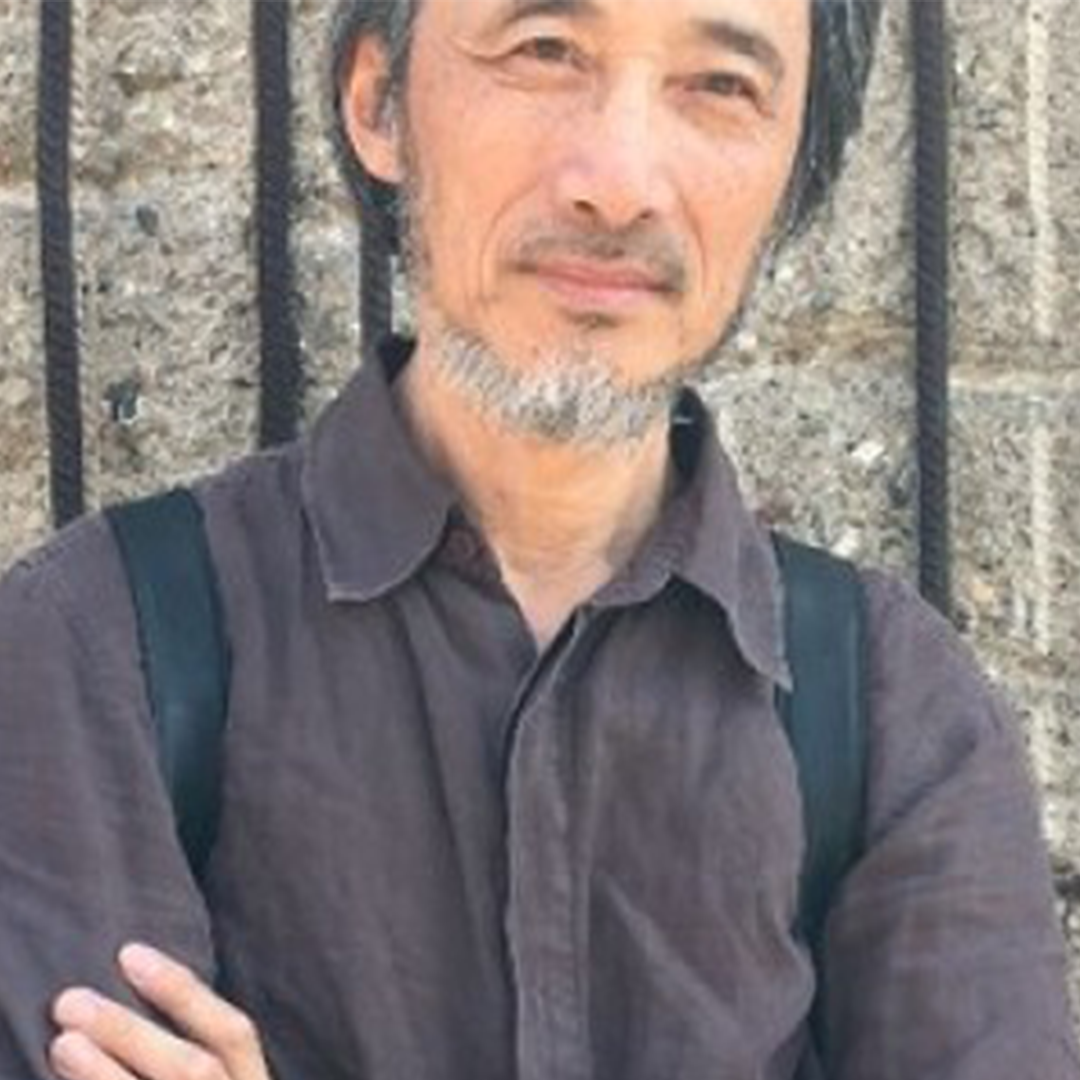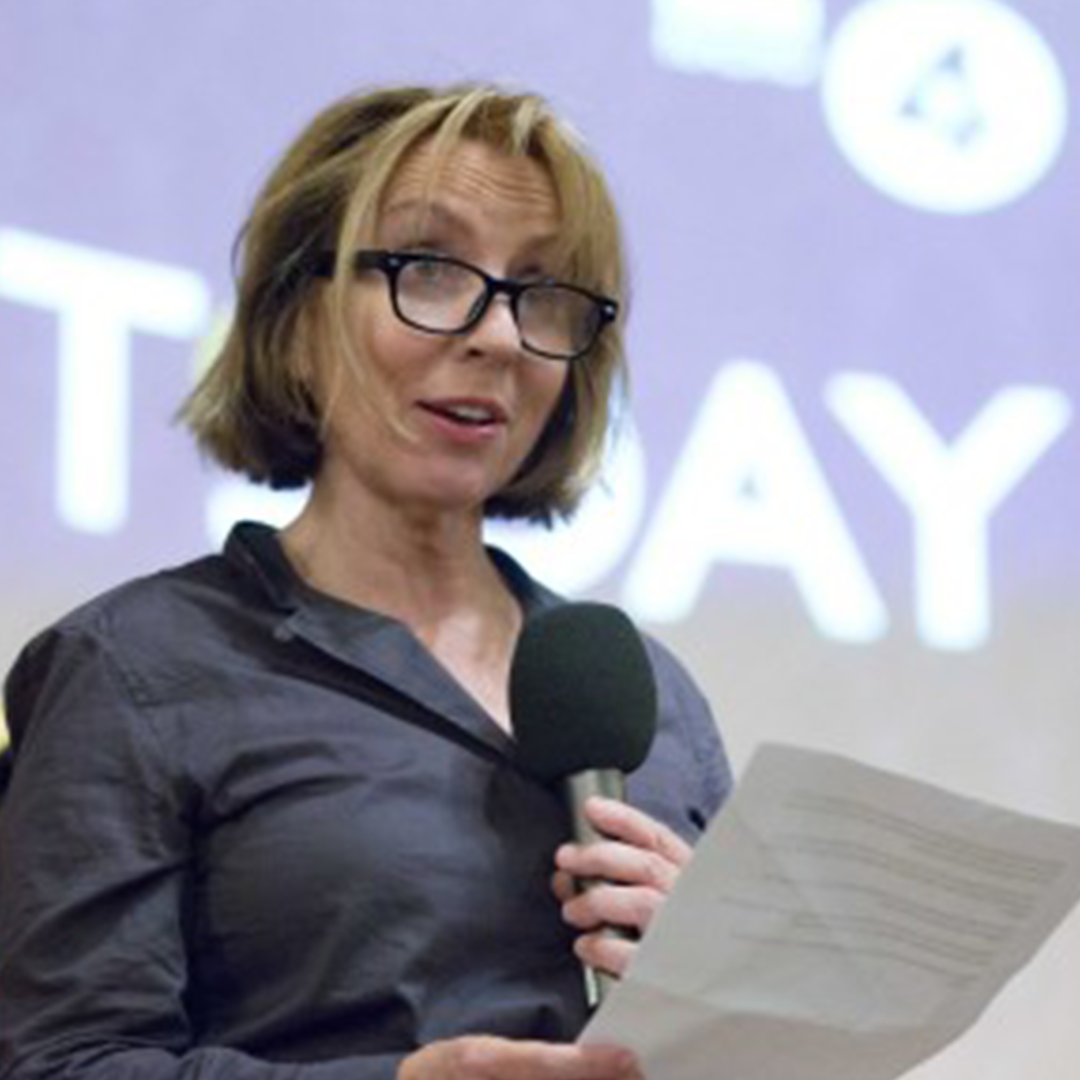Index relies entirely on the support of donors and readers to do its work.
Help us keep amplifying censored voices today.
Uganda’s natural resources base, one of the richest and most diverse in Africa, continues to be degraded, jeopardising both individual livelihoods and the country’s economic development.
Evidence from the UN Environment Programme reveals that its forests, home to several endangered or soon-to-be extinct animal and plant species, are being mercilessly ravaged by poachers, illegal charcoal traders and loggers, and greedy investors.
Overfishing in the country’s lakes and rivers is rife. Its wetlands are being cleared for agricultural use and the rate of forest cover loss stands at 2.6 per cent annually, according to independent sources.
As part of efforts to ensure that the east African nation’s natural resources are effectively managed and protected, a group of environmental activists has gone to war to protect these natural wonders from bleeding further.
“Environmental activism in Uganda is not a safe identity – it’s a hostile and fragile environment,” William Amanzuru, team leader at Friends of Zoka, told Index.
“Activists are seen as fronting foreign views and opinions, enemies of the state and enemies of development.”
Amanzuru, who won the EU Human Rights Defenders Award in 2019, says environmental abuse in Uganda is highly militarised, so any intervention for nature conservation seems like a battlefield in a highly sophisticated war.

William Amanzuru, team leader at Friends of Zoka
“You directly deal with our finest military elite who run the show because of the huge profits gained from it,” he said. “We are always being followed by state and non-state actors and those involved in the depletion of natural resources like the Zoka Central Forest Reserve.”
Amanzuru said he had received threatening phone calls and had been intimidated by government and local police officials. “My phone is always tapped,” he added.
Anthony Masake, programme officer at Chapter Four Uganda, a human rights organisation, said environmental human rights defenders in Uganda were increasingly operating in a hostile environment.
“They repeatedly face reprisal attacks in the form of arbitrary arrests and detention, character assassination, being labelled traitors, assaults, intimidation and isolation, among others,” he said.
Masake added that illegal loggers and charcoal dealers, land grabbers and corporations often connived with their government backers to shield them from the law and accountability.
“Politicians, police officers and local leaders have often been cited in incidents of reprisal attacks against environmental defenders in Adjumani, Hoima and other districts,” he said.
Uganda’s environmental battlefields are located in rural and remote areas where life and time seem to stop – far from the public eye and the noise and the vibe of big cities.
“The terrain has exposed them to easy targeting because the operation areas are far removed from urban areas where they would be able to access quick and competent legal services,” said Masake.
“The rise of incidents of corruption, abuse of office, lack of accountability for abusers and deterioration of the state and rule of law has further emboldened perpetrators to continue attacking environmental defenders because they know they can get away with it.”
As watchdogs of society, journalists who attempt to expose environmental crimes and abuse are also often the victims of sheer brutality and violence, according to several sources who spoke to Index.
“I deplore the way [president Yoweri] Museveni’s security forces ill-treat journalists, especially environmental journalists,” said one. “They have done nothing wrong. All they do is to tell the nation and the world that our natural resources are in danger of being extinct if we do not trade carefully. Is that a crime?”
The journalist, who claimed to fear Ugandan security forces and intelligence services “more than God”, spoke only on condition of anonymity.
The International Federation for Human Rights (FIDH) and its partners, the Observatory for the Protection of Human Rights Defenders and the World Organisation Against Torture, have vehemently and repeatedly condemned the arrest and arbitrary detention of environmental journalists.
Venex Watebawa and Joshua Mutale, the team leader and head of programmes at Water and Environment Media Network (Wemnet), were recently arrested in Hoima, in western Uganda, on their way to attend a radio talkshow at Spice FM.
The FIDH reported that they were supposed to discuss the risks and dangers of sugarcane growing projects in the Bugoma forest and of allowing oil activities in critical biodiversity areas including rivers, lakes, national parks, forests and wetlands.
Home to more than 600 chimpanzees and endangered bird species, including African grey parrots, Bugoma is a tropical rainforest which was declared as a nature reserve in 1932.
Following the arrest of Wemnet members, all hell broke loose when security forces arrested more environmental activists who went to the police station to negotiate the release of Watebawa and Mutale.
The arrests, which are believed to have been called for by Hoima Sugar, the company decimating the Bugoma forest to convert it into a sugarcane plantation, were a bitter pill to swallow. (Index asked Hoima Sugar to comment on these allegations but received no response.)
“Environment stories are so delicate because the people behind the destruction of the environment are people with a lot of money, who are well connected and have a lot of influence,” Watebawa told Index.
He slammed the National Environment Management Authority – which is mandated to oversee conservation efforts – for having been influenced by Hoima Sugar.
“To our surprise, it gave a report in a record time of two weeks to clear the below-bare-minimum-standard environmental impact assessment report to clear 22 square miles of land in a sensitive and fragile ecosystem,” he said.
“The deployment of paramilitary agencies to give sanctuary to the destroyers of the forest speaks volumes of the government’s commitment to protect the environment.”
Journalists who have attempted to get anywhere near the Bugoma central forests have been harassed or faced the wrath of the army.
“These incidents have demotivated and scared us,” said Watebawa. “Between March and June, two of our members lost their cameras and laptops. Our communications officer, Samuel Kayiwa, was trailed, his car broken into in Kajjasi, and his gear stolen.”
In another incident targeting the environmental media, Wemnet reported that someone broke into the house of Agnes Nantambi, a journalist working for New Vision, after midnight, forcing her to surrender her laptop and camera.
Amanzuru was arrested in February after an incident in which locals impounded a Kampala-bound truck ferrying illegal charcoal. He claimed that the military provided protection for those investing in illegal logging, illegal timber harvesting and the commercial charcoal trade.
He said the country’s environment sector was highly politicised, with the government drawing a lot of illicit money from the abuse of natural resources.
“Politicians trade in environmental abuse because this is an unmonitored trade … They make quick money for their political sustainability.”
And as the Museveni government’s aggression towards environmental activists increases day by day, human rights organisations have vowed to fight and to die with their boots on.
Amanzuru’s arrest attracted the attention of the EU ambassador to Uganda, who wrote to environment minister Beatrice Anywar Atim to request a fair and speedy trial.
Entities offering support include the Defenders’ Protection Initiative, Chapter Four Uganda and the National Coalition of Human Rights Defenders in Uganda.
But despite the grim outlook, Watebawa remains optimistic about the future of environmental activism.
He says society is stronger, more organised and more determined than ever, and the media persistently exposes environmental abuse.
He believes all responsible citizens must challenge the impunity to which environmental human rights defenders so often fall victim because the environment, ultimately, is a shared resource.
Index’s new issue of the magazine looks at the importance of whistleblowers in upholding our democracies.
Featured are stories such as the case of Reality Winner, written by her sister Brittany. Despite being released from prison, the former intelligence analyst is still unable to speak out after she revealed documents that showed attempted Russian interference in US elections.
Playwright Tom Stoppard speaks to Sarah Sands about his life and new play title ‘Leopoldstatd’ and, 50 years on from the Pentagon Papers, the “original whistleblower” Daniel Ellsberg speaks to Index .

Daniels Ellsberg is a former US Government contractor who worked for Rand Corporation and exposed the country’s long-term involvement in Vietnam through the release of the Pentagon Papers in 1971.

Nerma Jelacic works for the Commission for International Justice and Accountability, which gathers war crimes evidence during ongoing conflicts.

Sir Tom Stoppard is a Czech-born British playwright and screenwriter who’s written for radio, stage and television.
FEATURING

Author
Ma Jian is an award-winning Chinese writer. His latest novel is China Dream. His work is banned in China

Singer

Journalist
Sarah Sands is Chair of the Gender Equality Advisory Council for G7 and a board member of Index on Censorship. Sands was the former editor of BBC’s Today programme
[vc_row][vc_column][vc_single_image image="116347" img_size="full" add_caption="yes"][vc_column_text]Delfin Mocache Massoko, an investigative journalist from Equatorial Guinea, has been the subject of threats following the publication of an article alleging corruption at the highest level in his home country.
Mocache Mossako is the founder of Diario Rombe, a website dedicated to Equatoguinean affairs based in Spain, where he has refugee status. He was one of the authors of a cross-border investigation published in January by the Organised Crime and Corruption Reporting Project.
According to the investigation, Gabriel Obiang, minister of mines and hydrocarbons and son of the President of Equatorial Guinea, diverted funds into offshore companies controlled by his associates.
A Twitter campaign launched by South Africa-based lawyer NJ Ayuk (who has close ties to the Obiang family) accused Mocache Massoko of spreading misinformation. One tweet read: “the lies of Delfín Mocache … have generated an incalculable amount of damage to many people, businesses and Africans.”
In another tweet, Ayuk said: "He is scared because we are going to catch him… those responsible for his lucrative lies. I'm looking forward to questioning these money-hungry charlatans. You will have a lot of fun. We will imprison him."
At present, there is no suggestion that Ayuk is threatening anything beyond lawful investigation and prosecution, but there is a risk that his words will be misinterpreted in the environment of a country where dissidents are forced into exile.
Mocache Massoko told Index: “There is a history of citizens of Equatorial Guinea critical of the country’s political system being abducted abroad and clandestinely transferred to African prisons. In the past there have been cases of torture against dissidents, activists, and human rights defenders.”
This week, a South African court ordered Ayuk and his company, Centurion Law Group, to cease its campaign against Mocache Mossako and OCCRP and issue apologies. However, they responded today by issuing further threats to issue "multiple legal claims in various jurisdictions.[/vc_column_text][/vc_column][/vc_row][vc_row][vc_column][three_column_post title="You may also want to read" category_id="540"][/vc_column][/vc_row]